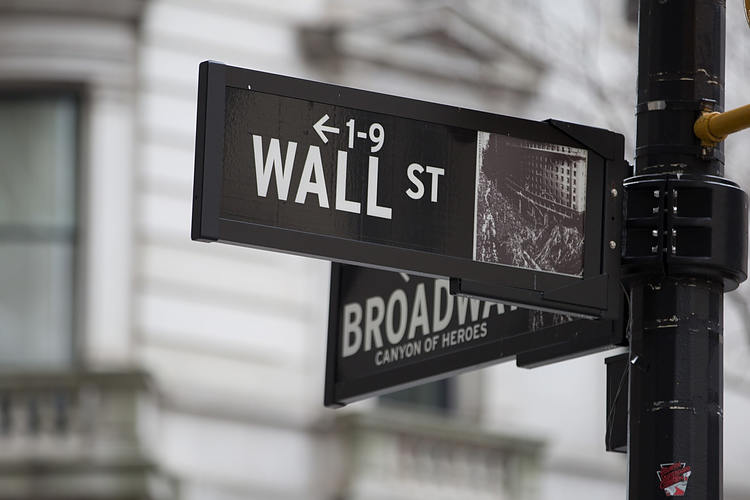
- Market sentiment remains fragile the key week comprising multiple top-tier data/events begins with holidays at many bourses.
- S&P 500 Futures grind near two-week high after Wall Street’s upbeat close, mildly offered of late.
- US Treasury bond yields stay depressed as hawkish Fed bets join recession woes.
- Results for FDIC-organized First Republic bids eyed ahead of ECB, Fed and US NFP.
Financial markets portray a cautious mood while waiting for the key First Republic bidding results early Monday. Adding strength to the sour sentiment could be the fears emanating from recent hawkish Fed bets and fears of recession. However, holidays in China, the UK and Europe prod the traders and limit the moves as the key week comprising multiple central bank meetings and the US employment report begins.
While portraying the mood, the S&P 500 Futures snap a two-day uptrend near 4,185, making rounds to the highest levels in a fortnight, whereas the US 10-year and two-year Treasury bond yields seesaw around 3.45% and 4.05% after falling notably the previous day.
A slew of top-tier US banks, including JP Morgan, participated in the bidding for the Federal Deposit Insurance Corporation (FDIC) induced resolution for the First Republic Bank. The early updates suggested the results will be out before Monday morning in Asia but the traders are still waiting for a short-term solution to the problem at hand.
On the other hand, the CME Group FedWatch Tool suggests higher odds of the Fed’s 0.25% rate hike in May and June, as well as a reduction in the market’s bets on the September rate cut from the US central bank. The reason for the latest swing in the hawkish Fed concerns could be linked to the recently firmer US data suggesting an increase in the US inflation pressure. On Friday, the Fed’s preferred inflation gauge, namely the Core Personal Consumption Expenditure (PCE) Price Index, for March matched 0.3% market forecasts and prior to MoM but rose to 4.6% from 4.5% expected on YoY, with an upwardly revised previous reading of 4.7%. On the same line, the US Employment Cost Index also increased by 1.2% in Q1 2023, versus the 1% increase marked previously.
Elsewhere, the latest easing in the US, Germany and Eurozone Gross Domestic Product (GDP) for the first quarter (Q1) of 2023 renew recession fears and prod the market players.
Alternatively, upbeat Q1 earnings from the tech-giants like Alphabet and Meta keep equity buyers hopeful even as fears of Apple’s disappointment prod the S&P 500 Futures of late.
Moving on, holidays in the UK, Eurozone and China may restrict Monday’s market moves but the First Bank announcement and the US ISM Manufacturing PMI may entertain momentum traders. However, major attention will be given to Wednesday’s US Federal Open Market Committee (FOMC) and Friday’s US Nonfarm Payrolls (NFP) for clear directions.
Also read: Nikkei average rallies to highest since August 2022